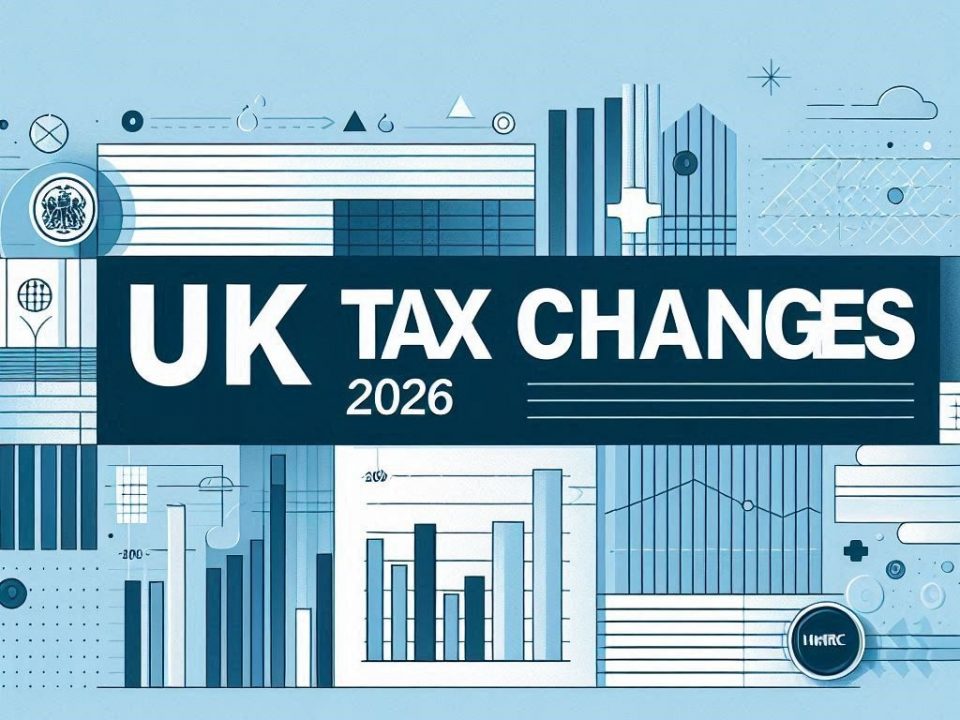Director’s Loan (s455) and Beneficial Interest: What You Need to Know
April 3, 2025What Are Qualifying Earnings for Pension Contributions? A Guide for UK Taxpayers
April 29, 2025Understanding Dividends: A Simple Guide
If you’re running a business, investing in shares, or receiving income from a company you own, dividends can be a brilliant way to take money out tax-efficiently. But how do dividends actually get taxed? And do you pay National Insurance on them? Let’s break it down simply.
What Are Dividends?
Dividends are payments made by a company to its shareholders, typically from the profits it has earned. If you’re a shareholder – even in your own limited company – you can receive dividends. They’re different from a salary because they’re not treated as earned income. That distinction makes a big difference when it comes to how much tax you pay.
How Are Dividends Taxed?
Dividends have their own special set of tax rates, separate from normal income tax bands like your salary or self-employment income. Here’s how it works:
- Basic Rate Taxpayers (taxable income between £12,571 and £50,270) pay 8.75% on dividends.
- Higher Rate Taxpayers (taxable income between £50,271 and £125,140) pay 33.75% on dividends.
- Additional Rate Taxpayers (taxable income over £125,140) pay 39.35% on dividends.
Compare that to regular income tax, where the rates are 20% (basic), 40% (higher), and 45% (additional). As you can see, dividends are generally taxed at a lower rate than salaries or self-employed earnings, making them a very tax-efficient way to receive money.
It’s worth noting you also get a Dividend Allowance – a tax-free amount of dividend income you can earn each year before you start paying dividend tax. For the 2025/26 tax year, this allowance is £500.
Do You Pay National Insurance on Dividends?
Here’s some good news: dividends are not subject to National Insurance contributions (NICs). This is because dividends are considered investment income rather than earnings from work.
That’s one of the reasons dividends are seen as a very efficient way to draw income if you’re a company owner. However, because dividends don’t count as earnings, they won’t boost your National Insurance record – something that can impact your entitlement to benefits like maternity pay or your eventual state pension. So, while they’re tax-efficient, it’s important to factor in the bigger financial picture.
Final Thoughts
Dividends can be a brilliant tool in your financial strategy, helping you to take profits out of a company while keeping your tax bill lower. However, they come with their own rules and it’s important to plan carefully – especially if your income is close to the thresholds for different tax bands. Always consider how dividends fit into your wider income, pension planning, and benefits eligibility.
If you’re unsure about how dividends could work best for you, a quick chat with a qualified accountant can make all the difference.



